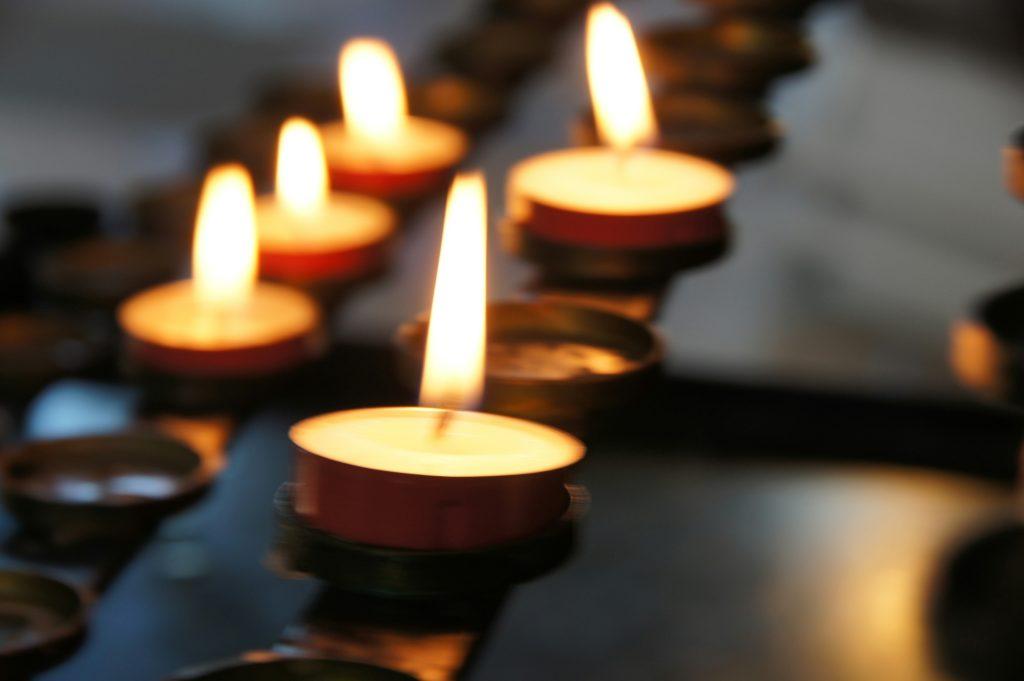Navigating the sensitive and emotional landscape of a funeral can be challenging. Understanding and adhering to proper funeral etiquette is crucial for showing respect to the deceased and providing support to the bereaved. This guide will help you navigate this delicate occasion with grace and consideration.
What to Wear
Traditionally, black or dark clothing is worn to funerals to show respect and mourning. However, some cultures and families may request attendees to wear specific colors or even avoid black. When in doubt, opt for conservative, muted tones and simple, understated clothing.
Arriving at the Funeral
Arrive at least 10-15 minutes before the service begins. This allows you to find a seat and settle in quietly before the proceedings start. If you arrive late, enter discreetly and find a seat at the back to avoid disruption.
Sign the Guestbook
If there is a guestbook, be sure to sign it. This provides a record of attendance for the family and allows them to acknowledge your support later.
During the Service
Respectful Behaviour
Silence your phone and refrain from taking photos or videos. Pay attention to the service, participate in communal prayers or hymns if you feel comfortable, and follow the lead of the family regarding standing, sitting, or other rituals.
Offering Condolences
After the service, it’s appropriate to express your condolences to the family. Keep your interactions brief and heartfelt, acknowledging their loss and expressing your sympathy. Avoid making the conversation about yourself or offering unsolicited advice.
At the Cemetery
If attending a graveside service, follow the procession in an orderly manner. Allow family members and close friends to stand closest to the grave. Follow any specific customs or rituals the family practices, and remain until the service concludes unless you’re instructed otherwise.
After the Funeral
Check in with the family in the weeks and months following the funeral. Grief doesn’t end with the ceremony, and your ongoing support can be incredibly valuable. Simple gestures like phone calls, visits, or invitations to share a meal can provide comfort.
If the family has requested donations to a charity in lieu of flowers, honor this request as a way of paying tribute to the deceased. Follow the instructions provided, and consider notifying the family of your contribution.
Special Considerations
Cultural Sensitivity
Different cultures have unique funeral traditions and customs. Educate yourself about any specific practices if you’re attending a funeral outside of your cultural background. Respect these customs to show your appreciation for the deceased’s heritage and the family’s traditions.
Children at Funerals
Deciding whether to bring children to a funeral depends on the child’s age, relationship with the deceased, and the family’s wishes. If children attend, prepare them for what to expect and ensure they understand the importance of behaving respectfully.
Funerals are a profound way to honor the life of the deceased and support the grieving family. By following proper funeral etiquette, you demonstrate respect, empathy, and solidarity during one of life’s most challenging times.

